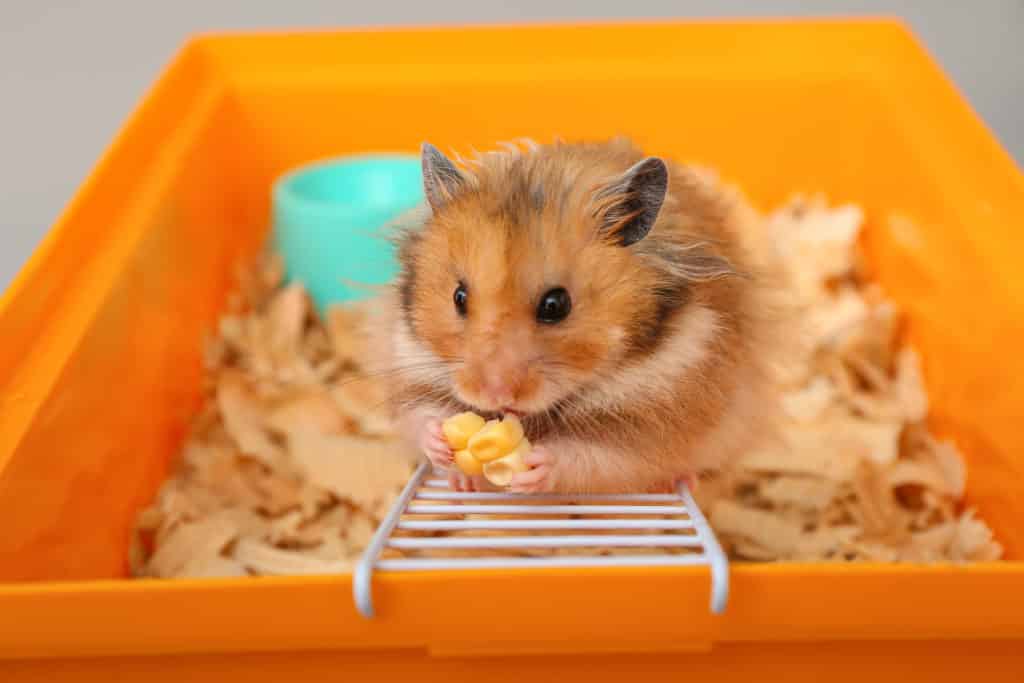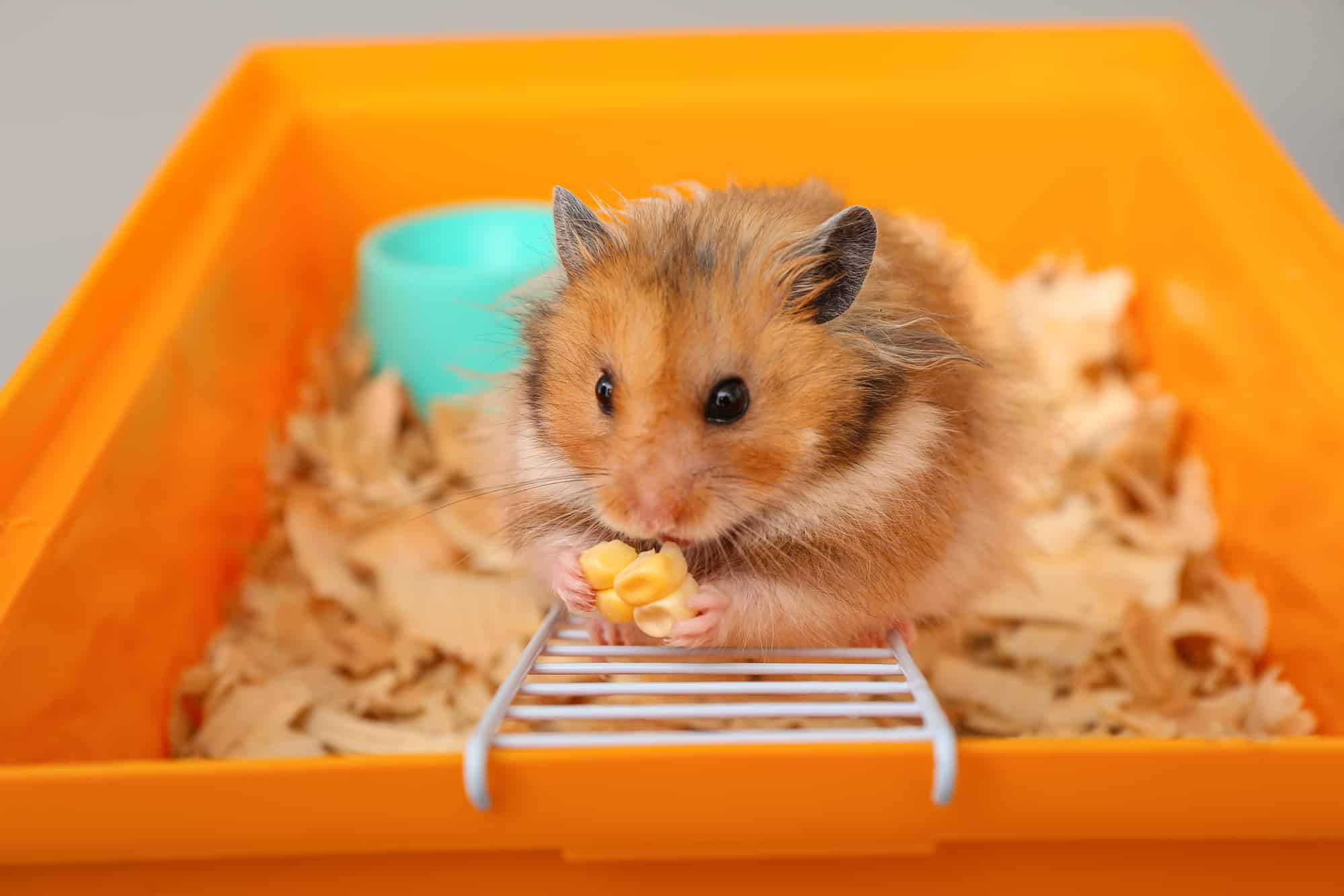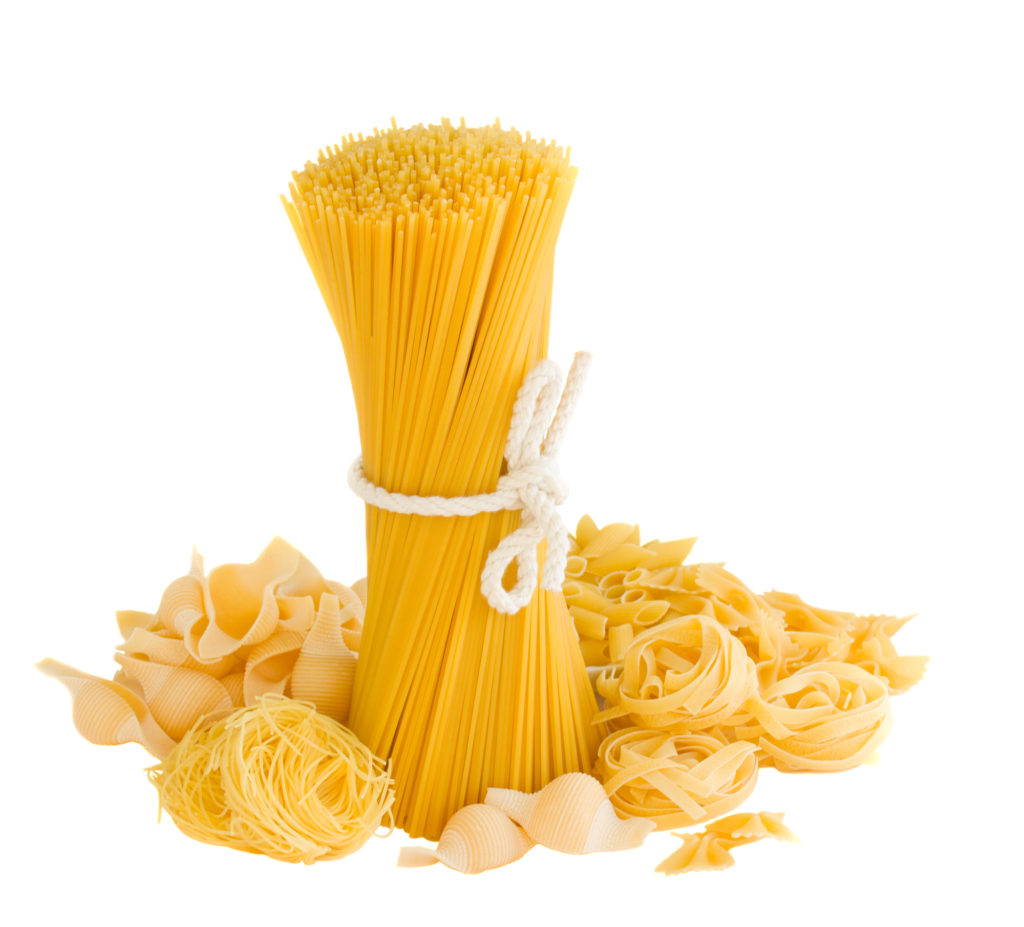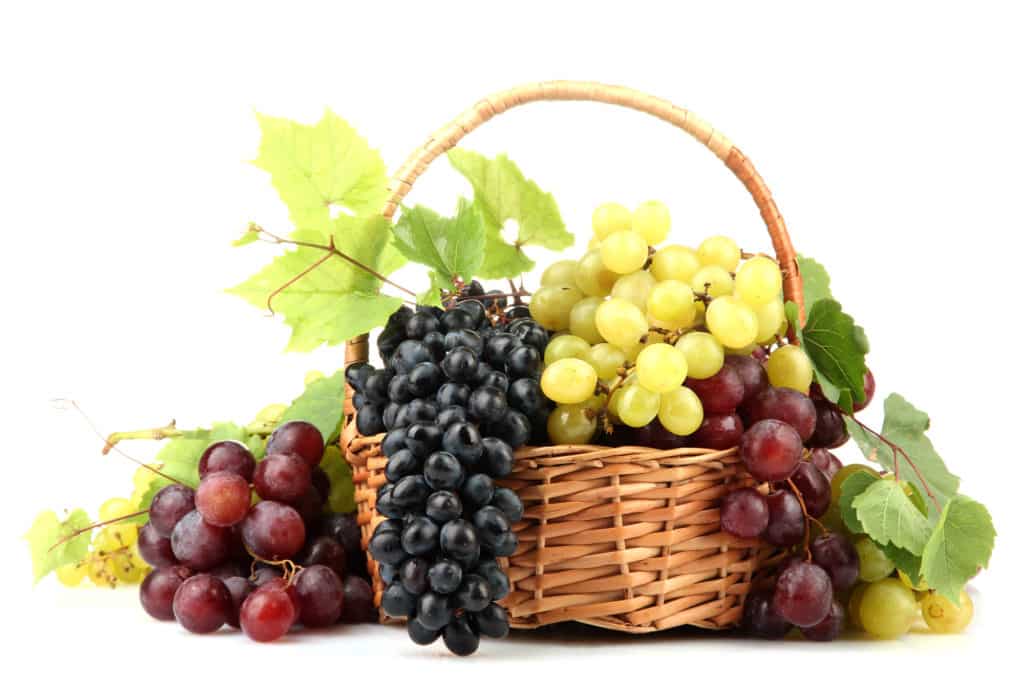Corn was once a luxurious food reserved only for the king, his family, and the priests. But today, the situation has changed considerably. Today, it is a staple food in many countries and is eaten by people from all income groups. But it is not surprising considering that corn is mass-produced nowadays. It is also healthy for humans when eaten in moderation. So, we can eat a small amount of corn every day. But can hamsters eat corn? Is corn healthy for hamsters as well? How much corn can a hamster eat? These questions might have popped up in your mind if you own a hamster.
But don’t worry. In this blog post, you will find answers to all these pressing questions.
- Nutrients in Corn
- Can hamsters eat corn? Is corn good for hamsters?
- Different types of hamsters vs. corn
- FAQ
- Can hamsters eat baby corn?
- Can hamsters eat corn on the cob?
- Can hamsters eat sweet corn?
- Can hamsters eat popcorn?
- Can hamsters eat raw corn?
- Can hamsters eat cooked corn?
- Can hamsters eat corn chips?
- Can hamsters eat frozen corn?
- Can hamsters eat dried corn?
- Can hamsters eat canned corn?
- Can hamsters eat corn flakes?
- Fun Facts
- Summary
Nutrients in Corn
Before we look at whether hamsters can eat corn or not, let’s first take a look at the nutrients 100g of corn contain.
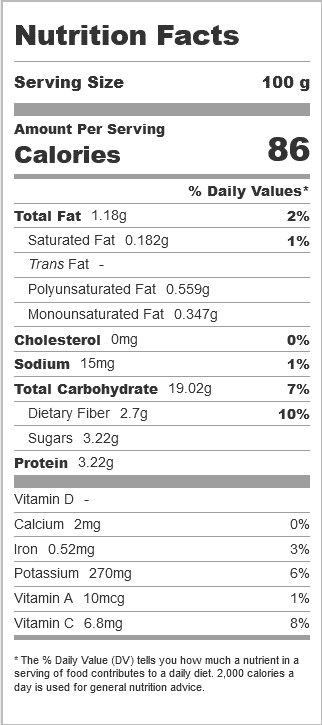
(Source: Fat Secret)
Can hamsters eat corn? Is corn good for hamsters?
Health benefits of corn
1. Corn is rich in dietary fiber. So, it makes your hamster feel full sooner and prevents him from overeating. Fiber also feeds the healthy bacteria in the digestive tract, thus helping prevent colon cancer. The predominant type of fiber in corn is insoluble fiber. This type of fiber attracts water to the stool, helping it move smoothly through your hamster’s bowels, thus preventing constipation and improving digestive health.
2. Corn contains a lot of starch. The Glycemic Index of corn is 52. So, it is classified as a low Glycemic Index (< 55) food. Low Glycemic Index foods don’t spike the blood sugar levels so sharply as high Glycemic Index foods because they are digested and absorbed into the bloodstream slowly.
3. Starch is the main form of carbohydrates in corn. It comprises 28% to 80% of the dry weight of corn. Starch is a complex carbohydrate. Starch is made of many glucose molecules attached together, forming long chains. When you eat starch, these long chains are first broken down into individual glucose molecules by the enzymes in your body. Then your body absorbs these glucose molecules into the bloodstream. So, compared to simple carbohydrates, which are composed of individual glucose molecules that are immediately digested and absorbed into the bloodstream, complex carbohydrates take a long time to be absorbed into the bloodstream. Therefore, they don’t spike blood levels rapidly. Hence, they can better combat obesity and diabetes when compared to simple carbohydrates.
4. Corn is a good source of resistant starch. Resistant starch is a type of carbohydrate that is not digested in the small intestine. Instead, it ferments in the large intestine and feeds the good bacteria in the gut, and promotes weight loss (Source: WebMD).
5. Corn is a rich source of minerals like iron, magnesium, sodium, phosphorus, potassium, and zinc. Iron is a mineral that is important for growth and development. It is needed for the synthesis of Hemoglobin and Myoglobin, the proteins that carry oxygen to different parts of the body. Magnesium is needed for the proper growth of bones and the proper functioning of muscles and nerves (Source: WebMD). Sodium helps the body transfer nerve signals and maintain correct water levels in the blood and tissues (Source: RSC). Phosphorous plays an important role in the formation of bones and teeth, metabolism of carbohydrates and fats, and synthesis of proteins (Source: Medline Plus).
Potassium is needed for the contraction of muscles and the functioning of nerves. Potassium is also needed for the heartbeat to stay regular. It helps transport nutrients into cells and waste products out of cells. It can also counter sodium’s harmful effect on blood pressure (Source: Medline Plus). Zinc is needed for the proper functioning of the immune system and thyroid glands. It also plays a role in the coagulation of blood coagulation (Source: WebMD). Corn also contains a small amount of calcium. Calcium is needed by the body for building strong bones and teeth. It also regulates heart rhythm and is needed for the proper functioning of nerves (Source: Harvard).
6. Corn contains essential vitamins like Vitamin A, Vitamin C, Vitamin E, Vitamin K, and some B Vitamins. Vitamin A is needed for the normal functioning of many organs, including the eyes and the immune system. Vitamin C is needed for the growth, development, and repair of all the tissues in the body (Source: WebMD). Vitamin E keeps the skin and eyes healthy while strengthening the immune system. Vitamin K is needed for the synthesis of proteins that aid blood coagulation and the building of bones. B Vitamins are needed for the proper functioning of the cells in the body. But what you have to remember is that different types of corn have a different amounts of these vitamins. For example, Vitamin C is found only in sweet corn.
7. Corn contains several important antioxidants as well. Among all the common grains we use, corn has the highest antioxidant activity (Source: Science Direct). It has several flavanoids which fight against chronic diseases like cancer, cardiovascular diseases, and diabetes. It is rich in carotenoids which improve vision and protect the eyes from oxidative damage. Corn also contains phenolic acid, which fights against inflammation and tumors. Corn oil is rich in phytosterols, which inhibit the body’s ability to absorb cholesterol.
Risks
1. Corn contains more complex carbohydrates than simple carbohydrates. So, this might seem like an advantage at first glance. But you should remember that complex carbohydrates are eventually broken down into glucose molecules, which are absorbed into the bloodstream. The excess glucose that the body doesn’t need is stored as glycogen in the liver and the muscles. The remaining glucose is stored in the body as fat for future use (Source: SFGate). So, feeding corn too often to your hamster can lead to obesity and diabetes, especially if your hamster isn’t that active.
2. Corn can pose a choking hazard, especially for dwarf hamsters.
3. Even though corn is rich in several essential vitamins and minerals, it is deficient in important amino acids (tryptophan and lysine) and Vitamin B3. So, feeding excessive amounts of corn can prevent your hamster from eating other nutritious foods, leading to pellagra. Symptoms of pellagra include diarrhea, dementia, and dermatitis.
4. If your hamster is diabetic, corn can increase his blood sugar levels. So, do not give corn to your hamster if he is diabetic.
5. Corn is a good source of fiber. But if your hamster eats too much of it, his digestive system might have difficulty digesting the fiber. So, it might upset his stomach and cause diarrhea.
6. Since corn contains a lot of starch, it can cause drowsiness and lethargy (Source: Style Craze).
Different types of hamsters vs. corn
Even though corn can be a safe, fresh food for hamsters, not all hamsters can eat the same amount of corn. After all, different hamster breeds differ greatly in size. So, the amount of corn a hamster can eat depends on his breed.
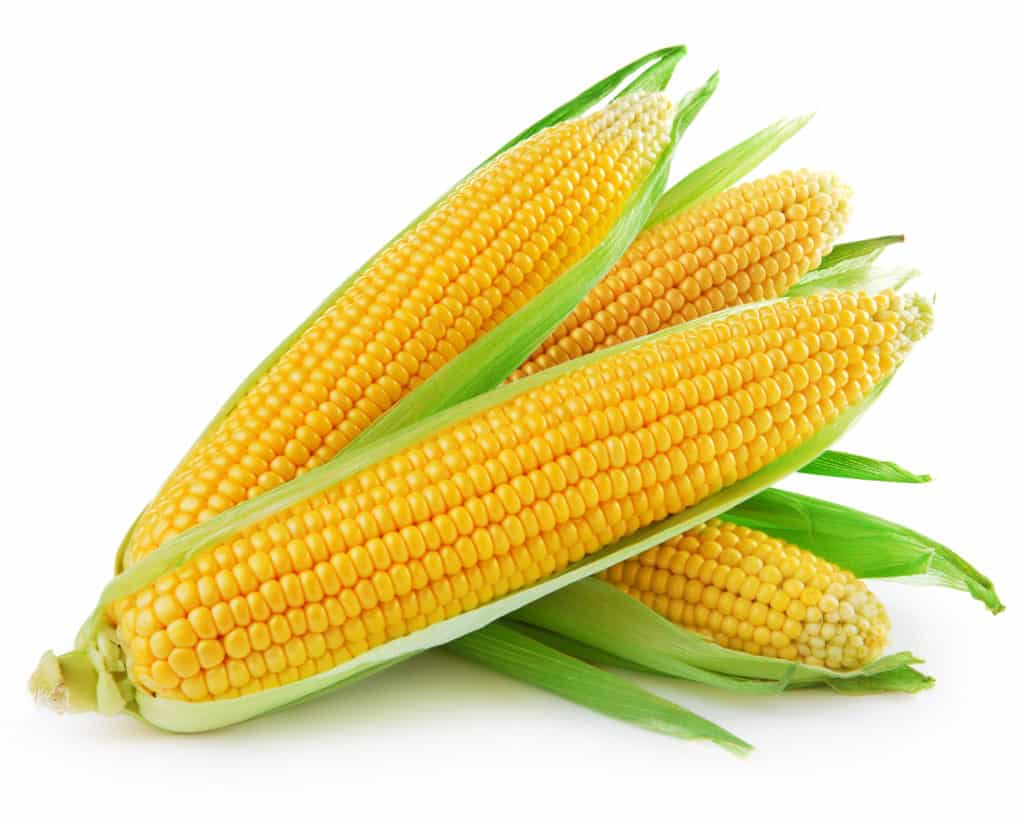
Can Chinese dwarf hamsters eat corn?
Chinese hamsters are dwarf hamsters. They are tiny and are prone to diabetes. So, they cannot eat too much corn. Some people recommend giving Chinese hamsters a kernel of corn per day (Source: Just hamsters). But some people recommend not giving Chinese hamsters any corn at all (Source: Animals.mom & Hamster Central). So, the best thing to do is to observe your hamster for any change in behavior after feeding him corn. If you want to be safe, you can also consult a veterinary doctor before giving your hamster corn.
Can Campbell dwarf hamsters eat corn?
Campbell hamsters are also dwarf hamsters. So, the maximum amount of corn you can feed them is about a kernel every day.
Can Russian dwarf hamsters eat corn?
Russian dwarf hamsters are also dwarf hamsters. So, you can give them a maximum of one kernel of corn per day.
Can Roborovski hamsters eat corn?
Roborovski hamsters are also dwarf hamsters. But they are much, much more active than the other dwarf hamsters. So, they can eat more carbohydrates when compared to other dwarf hamsters. So, they can eat a handful of corn kernels every week.
Can Syrian hamsters eat corn?
Syrian hamsters are the largest breed of pet hamsters. Their digestive systems can handle more carbohydrates than dwarf hamsters. So, you can give them one corn on the cob once a month to eat.
FAQ
Can hamsters eat baby corn?
Yes, hamsters can eat baby corn. It is better for them when compared to corn on the cob because it reduces the choking hazard. You can also cut it into tiny pieces before giving it to your hamster.
Can hamsters eat corn on the cob?
No, except for Syrian hamsters, other hamsters should not be fed corn on the cob because of the amount of carbohydrates it contains. For Syrian hamsters, though, you can buy the corn on the cob that pet stores sell and put it inside their cage once a month.
Can hamsters eat sweet corn?
Yes, hamsters can eat sweet corn. You can give a few kernels of sweet corn to your hamster. As long as it is given in moderation, sweet corn can even be incorporated into the daily diet of your hamster (Source: Hamster Pros).
Can hamsters eat popcorn?
Yes, hamsters can eat popcorn, but only if it is unflavored and unseasoned and if it is fully popped. But coating commonly found in microwave popcorn bags might contain hazardous chemicals. So, the popcorn you feed your hamster should be air-popped (Source: Squeaks and Nibbles).
Can hamsters eat raw corn?
Yes, hamsters can eat raw corn. It is healthy for your hamster as long as you feed in moderation.
Can hamsters eat cooked corn?
Yes, hamsters can eat cooked corn, as long as you don’t add anything like salt or seasoning to it. But cooked corn isn’t as nutritious as raw corn. After all, cooking diminishes the nutrients in corn.
Moreover, cooked corn can decay soon if your hamster decides to store it somewhere for later use. But raw corn won’t decay that fast. So, even if your hamster stores raw corn kernels, they won’t decay and damage your hamster’s bedding and ruin his health.
Finally, raw corn is harder than cooked corn. So, it can help your hamster wear out his constantly growing teeth. So, even though hamsters can eat cooked corn, it is advisable to give them raw corn because it offers so many advantages over cooked corn.
Can hamsters eat corn chips?
No, you shouldn’t give your hamster corn chips. Corn chips contain salt, oil, and added preservatives, which are all harmful to your little pet. So, never give your hamster corn chips (Source: PetPect).
Can hamsters eat frozen corn?
If the frozen food has only corn in it, it is acceptable for your hamster to eat it. But if it contains many vegetables, preservatives might have been added to it. So, avoid these types of frozen foods.
Can hamsters eat dried corn?
Yes, hamsters can eat dried corn (Source: Petkeen).
Can hamsters eat canned corn?
Just like any canned food item, canned corn is also dangerous for your hamster because of the preservatives and the artificial sweeteners they come loaded with. So, they can upset your hamster’s stomach or make him obese or diabetic. Therefore, do not give your hamster canned corn.
Can hamsters eat corn flakes?
Hamsters can eat corn flakes as long as they are used only rarely and only as treats and do not make up an entire meal (Source: Tiny Pet Tales). When corn is refined, a lot of its nutritional value is lost. So, opt for corn flakes made of whole-grain corn instead of those made of refined corn. That way, your hamster can have a healthy treat.
Fun Facts
What is corn?
Just like tomatoes, pumpkins, and squashes, corn is botanically a fruit. But in culinary terms, it is classified as a vegetable. While corn is considered a vegetable, its kernel is considered a grain. In fact, it is considered a whole grain. So, depending on which perspective you look from, corn can be a fruit, vegetable, or grain.
The scientific name of corn is Zea mays. It is also known as maize. There are three major types of corn:
1. Sweet corn – This is the corn typically sold in grocery stores. It is picked before the corn matures and dries. It has more sugar content than Dent corn. So, it is suitable for eating.
2. Dent or Field corn – This type of corn contains less sugar and a lot of starch. So, it tastes bland. That’s why we don’t eat it directly. Instead, it is used to make other processed food items like corn flakes and corn chips. It is also used for feeding livestock like cattle and making some industrial items.
3. Flint or Indian corn – The kernels of this corn have hard outer shells and come in different colors. So, it is used for decorations during Thanksgiving.
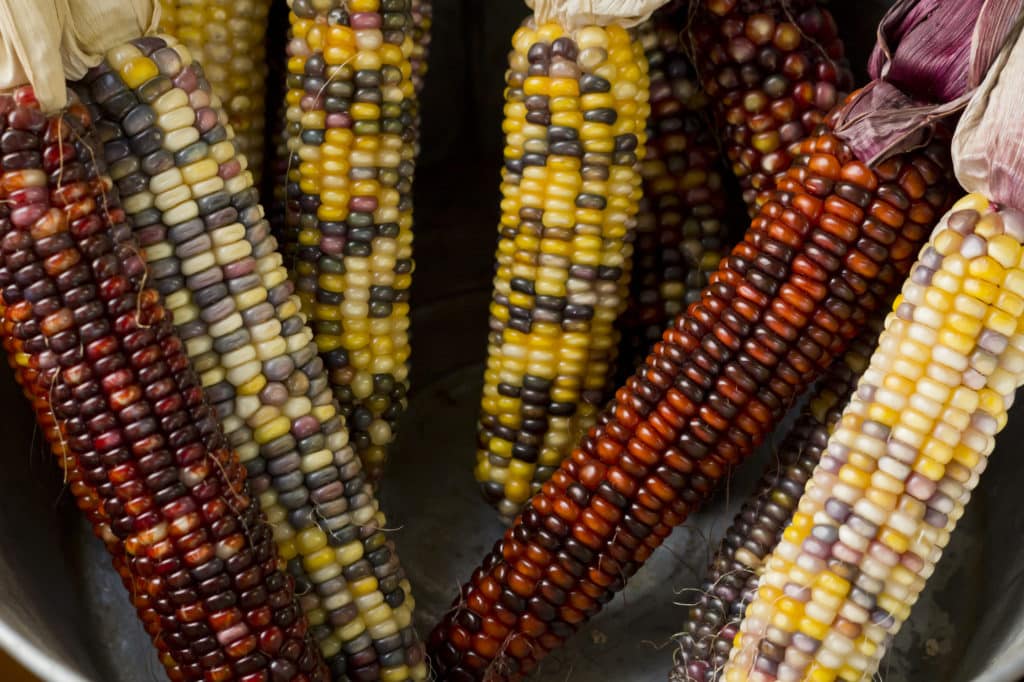
4. Popcorn – Popcorn is a type of Flint corn. Its kernels have hard outer shells that contain soft starches. Upon heating, the outer shells convert their moisture into steam, which builds pressure inside the kernels, making them pop and expand (Source: Northern Nester).
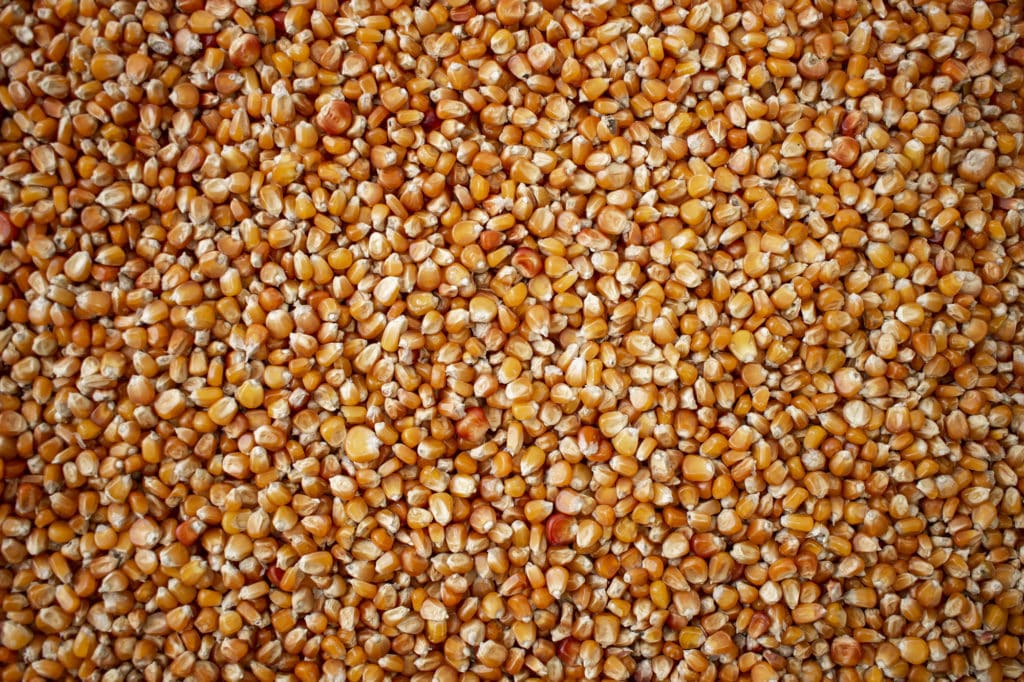
Origin
Maize was first domesticated from a wild grass called Teosinte around 9,000 years ago in southern Mexico. From there, it spread through South America in two waves. The first wave, which occurred around 6,000 years ago, spread maize through the Andes. The next wave, which happened about 2,000 years ago, spread maize through the lowlands of South America.
After the Spanish arrived in the Americas in 1492 AD, they consumed maize and carried it back to Europe. But the Europeans believed that the food they ate gave them their physical features and personalities. So, they believed that by eating the food of the Indians, they would become sick and turn into Indians. And since they considered Indians lowly creatures, they did not want that to happen. Moreover, Christians believed that only wheat could turn into the body of Christ. So, maize could not be used to make communion bread either.
On the other hand, maize offered several advantages over wheat and barley – It provided 2.5 times more food energy per cultivated area; It grew in widely varying climates and altitudes; It could be cultivated and harvested from the same plot of land in successive years.
So, despite their beliefs, the Spanish started the widespread cultivation of maize in Southern Spain around 1525. From there, it soon spread throughout the Spanish Empire, which included the Spanish territories in Italy. From there, it eventually spread across Europe and Africa (Source: Wikipedia).
Summary
Corn is a healthy vegetable that your hamster can eat. It offers several health benefits:
- Corn is rich in fiber, which prevents constipation.
- It is a low Glycemic Index food. So, it doesn’t spike sugar levels quickly as some fruits and vegetables. So, it does not cause obesity and diabetes.
- It contains the vitamins A, C, E, K, and some B vitamins.
- Corn contains important minerals like iron, magnesium, sodium, phosphorus, potassium, and zinc.
- It contains antioxidants that help fight against inflammation and tumors and protect your hamster’s eyes from oxidative damage.
But despite the health benefits it offers, corn should only be given in moderation to your hamster. It might not be safe for some dwarf hamsters. So, consult a vet before you give corn to your hamster, especially if you’re unaware of the risks of feeding corn to your hamster.
